Most Read (past 7 days)
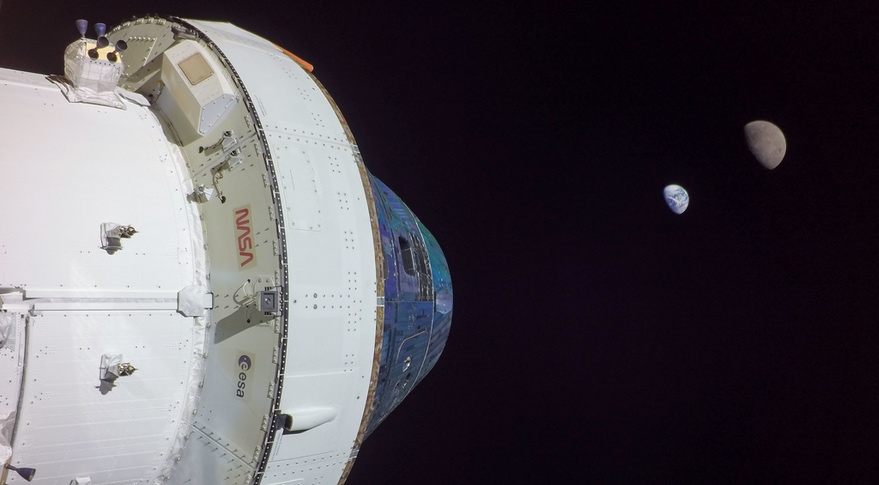

Rocket Lab launches subsidiary focused on national security market
WASHINGTON — Rocket Lab, a launch services company and space hardware manufacturer, announced Dec. 1 it is creating a separate entity to focus on U.S. defense and intelligence agency customers.
The new business sector, called Rocket Lab National Security, also will work with U.S. allies, the company said.
Rocket Lab, which went public in August 2021 via a merger with a special purpose acquisition company, is looking to sign more defense and intelligence customers for its small launch vehicle Electron and its future medium-lift rocket Neutron — expected to debut in 2024. The company decided it needs a separate business dedicated to this market, a spokesperson said in a statement to SpaceNews.
“National security missions and payloads on Electron and Neutron, which can have different bureaucratic requirements to commercial launches, will be contracted through the RLNS subsidiary,” the spokesperson said.
Having a dedicated national security subsidiary will help understand these customers’ requirements, “which may be dedicated rapid call-up launch, satellite design, build and integration, spacecraft operations, or all of the above.”
The establishment of a national security business follows Rocket Lab’s recent introduction of a “responsive space” program aimed at government customers.
Rocket Lab USA is based in Long Beach, California. The company operates a launch site in New Zealand and will soon start flying from Wallops, Virginia.
Since Electron’s first launch in 2017, Rocket Lab has secured multiple deals with national security agencies, including the National Reconnaissance Office, the U.S. Space Force and the Defense Advanced Research Projects Agency.
Rocket Lab’s solar power business supplies solar cells for U.S. Space Force missile-warning satellites. Another sector of the company recently won contracts to provide separation systems for the U.S. Space Force’s Space Development Agency satellites.
Rocket Lab also signed a research agreement with the United States Transportation Command to explore the use of rockets for point to point cargo delivery.
“Top of the list for national security is reliability and responsiveness,” said Brian Rogers, senior director of Rocket Lab’s global government launch services.

-
 Commercial Military
Commercial MilitarySpaceX rolls out new business line focused on military satellite services
SpaceX on Dec. 2 revealed a new business segment called Starshield aimed at U.S. national security government agencies.
.jpg)












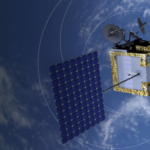

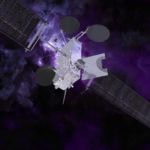
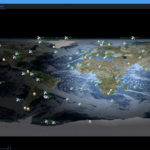
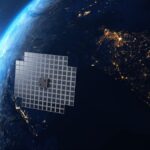

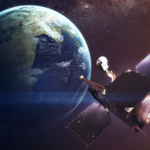

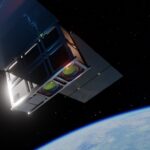
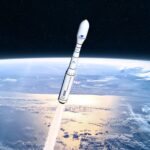

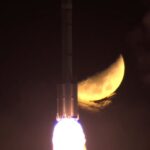
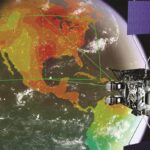
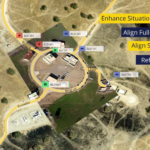
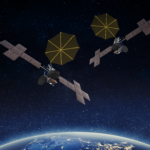


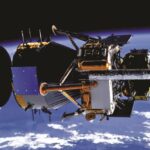


No comments:
Post a Comment